Malariascope
Democratization of Health
Malariascope
Democratization of Health
Malariascope
EVERYTHINK collaborated with Fraunhofer AICOS 'Information and Communications Technologies for Development Competence Center (ICT4DCC), in cooperation with the infectious disease department of the National Health Institute Dr. Ricardo Jorge, to create a mobile-based solution to detect malaria.
EVERYTHINK collaborated with Fraunhofer AICOS 'Information and Communications Technologies for Development Competence Center (ICT4DCC), in cooperation with the infectious disease department of the National Health Institute Dr. Ricardo Jorge, to create a mobile-based solution to detect malaria.
EVERYTHINK collaborated with Fraunhofer AICOS 'Information and Communications Technologies for Development Competence Center (ICT4DCC), in cooperation with the infectious disease department of the National Health Institute Dr. Ricardo Jorge, to create a mobile-based solution that can offer malaria detection.
EVERYTHINK collaborated with Fraunhofer AICOS 'Information and Communications Technologies for Development Competence Center (ICT4DCC), in cooperation with the infectious disease department of the National Health Institute Dr. Ricardo Jorge, to create a mobile-based solution that can offer a malaria pre-diagnosis for use in regions with less access to quality medical equipment and services.
A mobile malaria pre-diagnosis solution for use in regions with less access to quality medical equipment and services.
A mobile malaria pre-diagnosis solution for use in regions with less access to quality medical equipment and services.
A mobile malaria pre-diagnosis solution for use in regions with less access to quality medical equipment and services.
A mobile malaria pre-diagnosis solution for use in regions with less access to quality medical equipment and services.
627.000
627.000
627,000
Malaria caused deaths
malaria caused deaths
207.000.000
207.000.000
207 Millions
Cases of malaria
cases of malaria
80%
80%
of cases happen in Africa
of cases in Africa
of cases happen in Africa
Failure to diagnose happens mainly due to lack of technical skills and, secondly, due to lack of equipment.
Failure to diagnose happens mainly due to lack of technical skills and, secondly, due to lack of equipment.
Failure to diagnose happens mainly due to lack of technical skills and, secondly, due to lack of equipment.
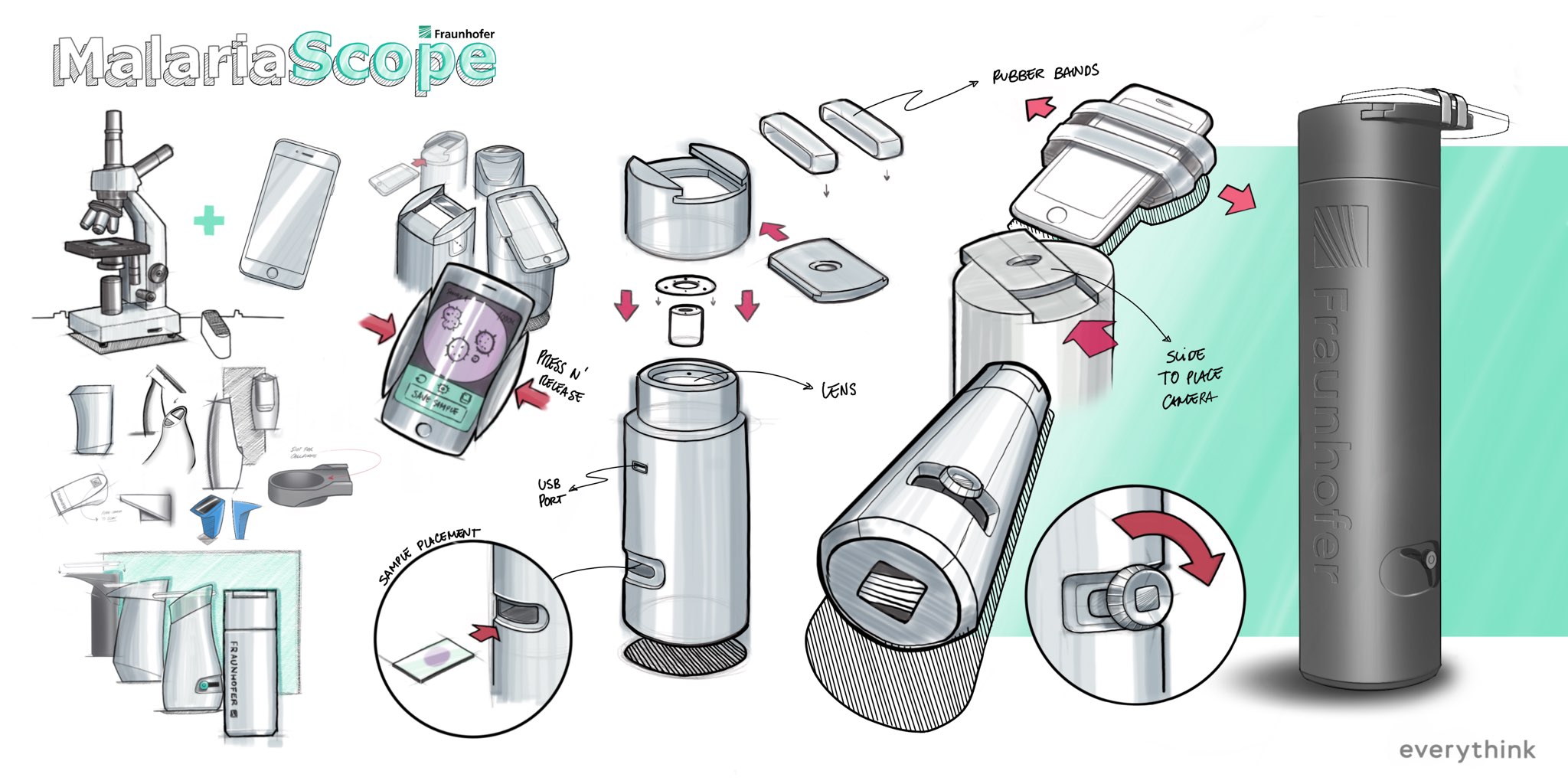
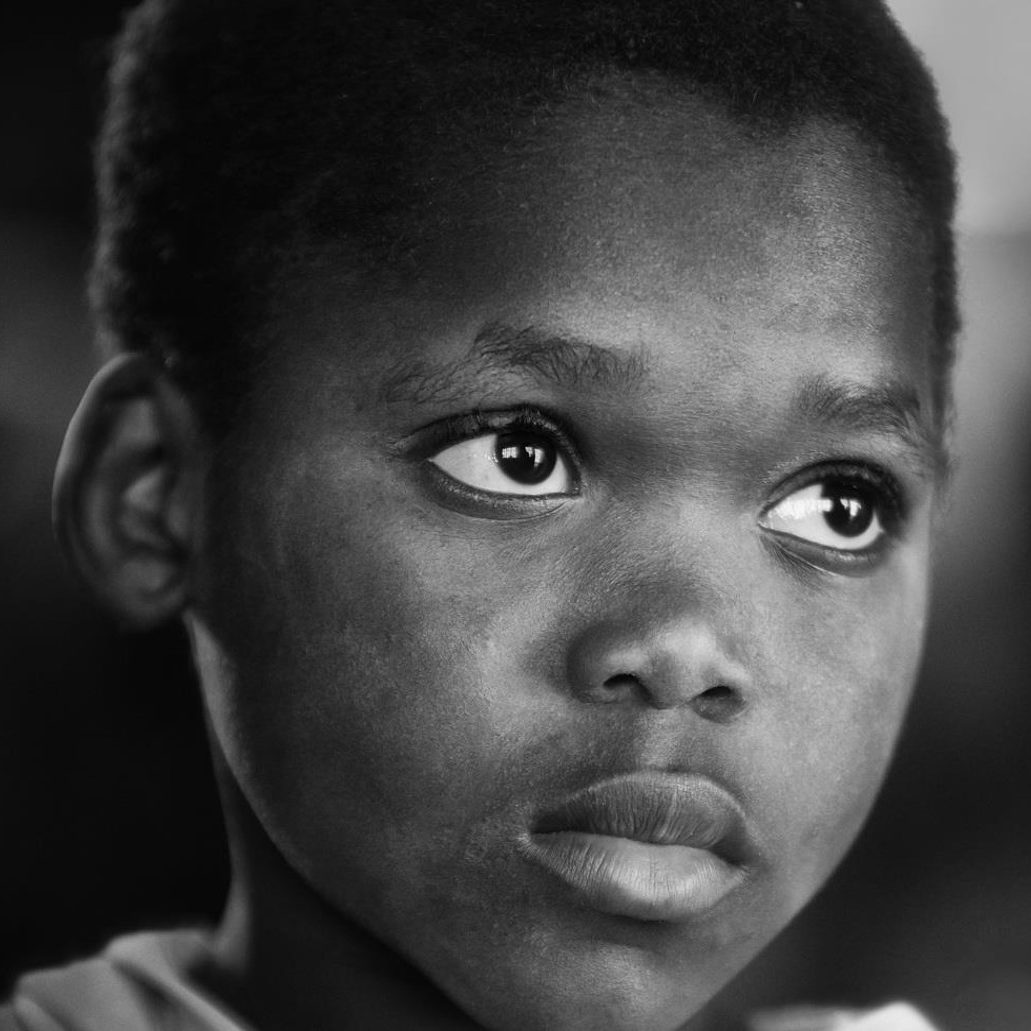
Malaria is the leading cause of death and disease in many developing countries, where children and pregnant women are the most affected groups.
Lack of skills often lead to an increase in false positives, with prescription of medication being based only on flu-like symptoms. Therefore, there is an urgent need for new tools that can facilitate rapid, correct and easy diagnosis of malaria, especially in regions with limited access to quality health services.
Malaria is the leading cause of death and disease in many developing countries, where children and pregnant women are the most affected groups. Lack of skills often lead to an increase in false positives, with prescription of medication being based only on flu-like symptoms. Therefore, there is an urgent need for new tools that can facilitate rapid, correct and easy diagnosis of malaria, especially in regions with limited access to quality health services.
Malaria is the leading cause of death and disease in many developing countries, where children and pregnant women are the most affected groups.
Lack of skills often lead to an increase in false positives, with prescription of medication being based only on flu-like symptoms. Therefore, there is an urgent need for new tools that can facilitate rapid, correct and easy diagnosis of malaria, especially in regions with limited access to quality health services.
Malaria is the leading cause of death and disease in many developing countries, where children and pregnant women are the most affected groups. Lack of skills often lead to an increase in false positives, with prescription of medication being based only on flu-like symptoms. Therefore, there is an urgent need for new tools that can facilitate rapid, correct and easy diagnosis of malaria, especially in regions with limited access to quality health services.
Malaria is the leading cause of death and disease in many developing countries, where children and pregnant women are the most affected groups. Lack of skills often lead to an increase in false positives, with prescription of medication being based only on flu-like symptoms. Therefore, there is an urgent need for new tools that can facilitate rapid, correct and easy diagnosis of malaria, especially in regions with limited access to quality health services.
The challenge posed to Everythink was to create a microscope, from scratch, that would allow an ordinary smartphone to capture images under the right conditions so that the image could be processed and the sample analyzed.
Thus, it was thought an equipment that is simple to use by anyone, where there is a drawer for placing the sample, which is then manipulated by a table with three axes to allow the correct positioning, focus and depth of field, backlighting and obtaining a 10x10 image matrix. The necessary energy comes from the smartphone itself, which is, then, placed on a top support and aligned with a specific set of lenses to obtain the necessary magnification to obtain the images.
A final challenge was to create equipment designed to be manufactured by 3D printing, thus allowing only essential components to be shipped and in-situ, democratized manufacturing and assembly.
The challenge posed to Everythink was to create a microscope, from scratch, that would allow an ordinary smartphone to capture images under the right conditions so that the image could be processed and the sample analyzed.
Thus, it was thought an equipment that is simple to use by anyone, where there is a drawer for placing the sample, which is then manipulated by a table with three axes to allow the correct positioning, focus and depth of field, backlighting and obtaining a 10x10 image matrix. The necessary energy comes from the smartphone itself, which is, then, placed on a top support and aligned with a specific set of lenses to obtain the necessary magnification to obtain the images.
A final challenge was to create equipment designed to be manufactured by 3D printing, thus allowing only essential components to be shipped and in-situ, democratized manufacturing and assembly.
The challenge posed to Everythink was to create a microscope, from scratch, that would allow an ordinary smartphone to capture images under the right conditions so that the image could be processed and the sample analyzed. Thus, it was thought an equipment that is simple to use by anyone, where there is a drawer for placing the sample, which is then manipulated by a table with three axes to allow the correct positioning, focus and depth of field, backlighting and obtaining a 10x10 image matrix. The necessary energy comes from the smartphone itself, which is, then, placed on a top support and aligned with a specific set of lenses to obtain the necessary magnification to obtain the images. A final challenge was to create equipment designed to be manufactured by 3D printing, thus allowing only essential components to be shipped and in-situ, democratized manufacturing and assembly.
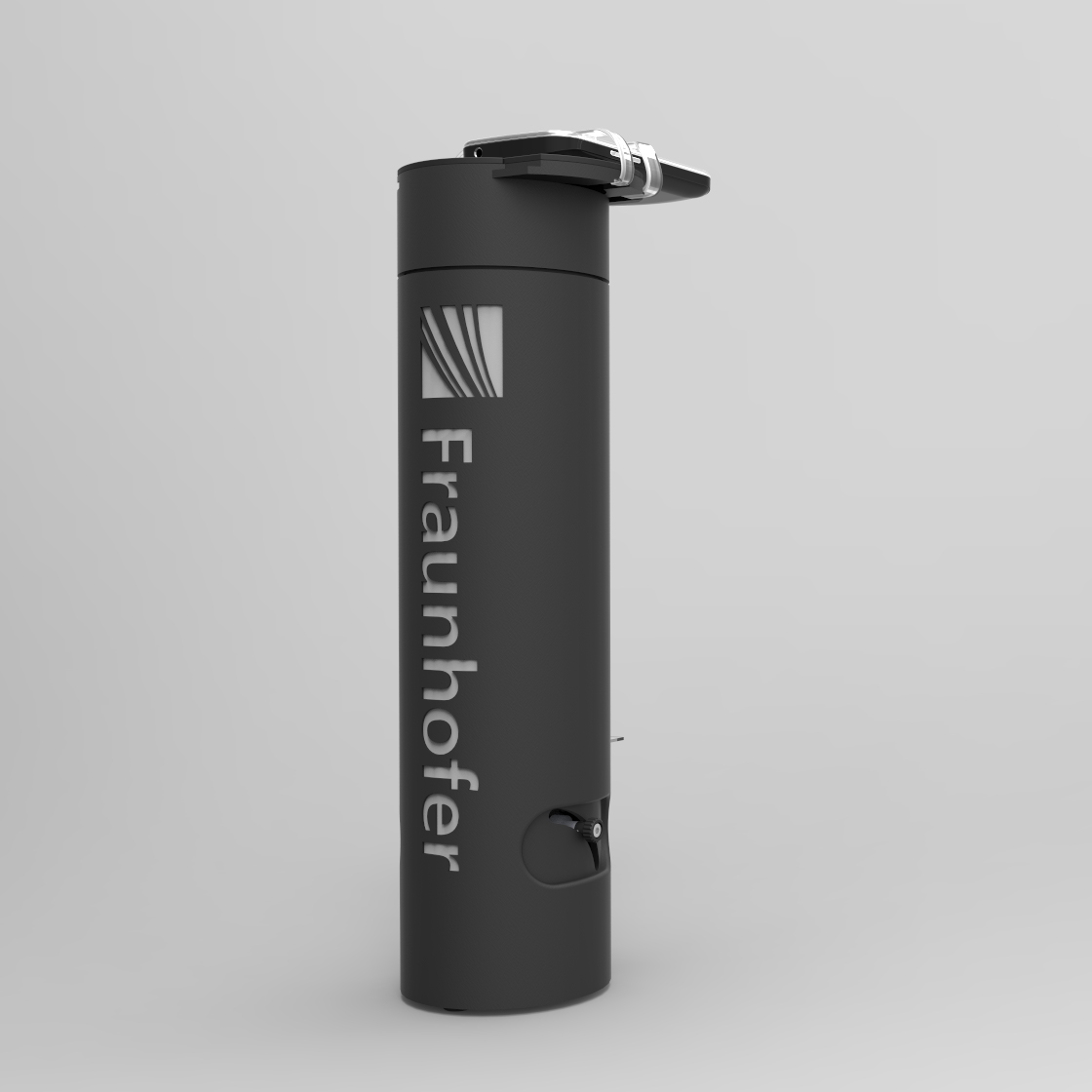
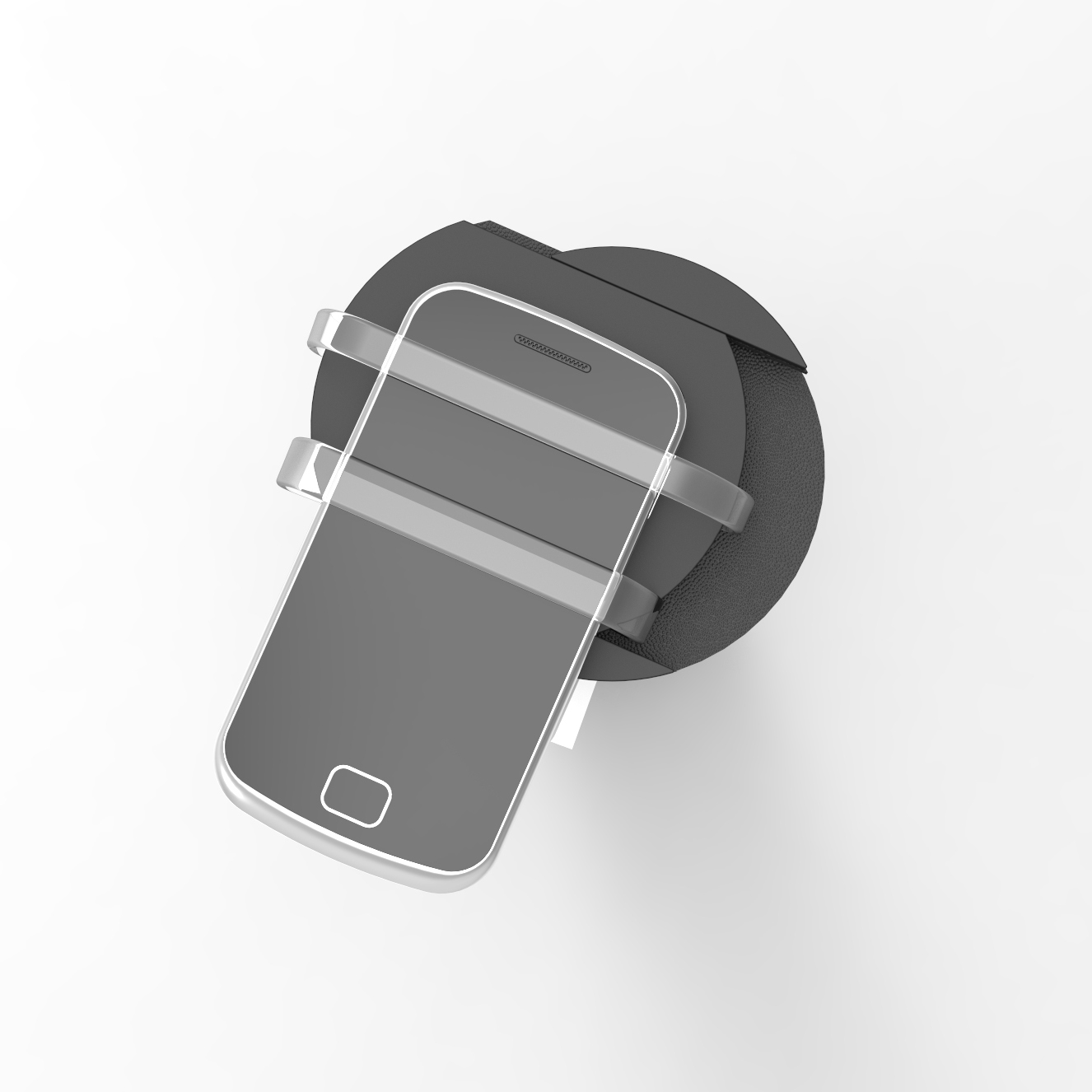
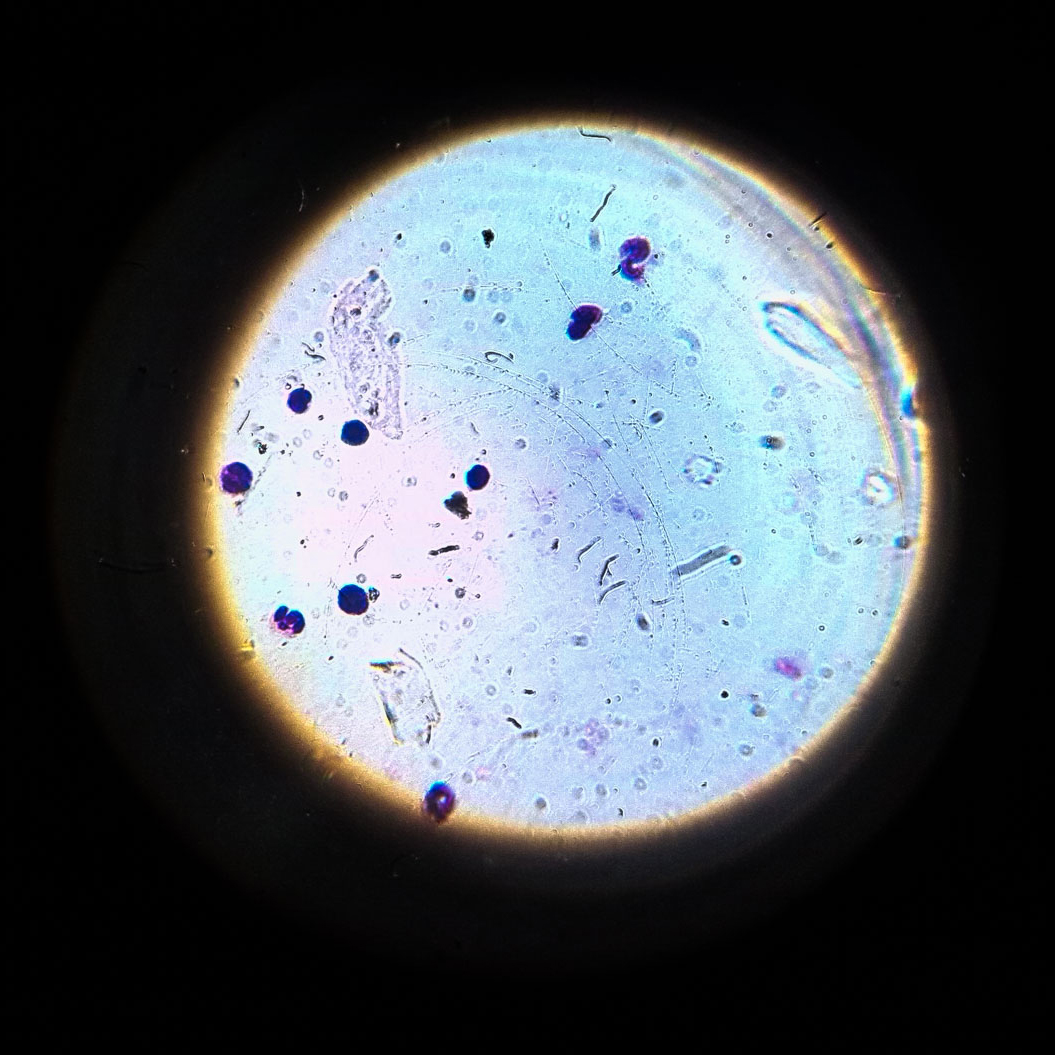
DESIGN FOR CHANGE
DESIGN FOR CHANGE
Made in Porto.
Rua Alfredo Allen, 455
4200-135 Porto
info@everythink.com
+351 220 301 570
Rua Alfredo Allen, 455
4200-135 Porto
info@everythink.com
+351 220 301 570
Rua Alfredo Allen, 455
4200-135 Porto
info@everythink.com
+351 220 301 570
Made in Porto
Rua Alfredo Allen, 455
4200-135 Porto
info@everythink.com
+351 220 301 570
Made in Porto.
© 2022 EVERYTHINK - ALL RIGHTS RESERVED
© 2019 EVERYTHINK - ALL RIGHTS RESERVED
© 2019 EVERYTHINK - ALL RIGHTS RESERVED
